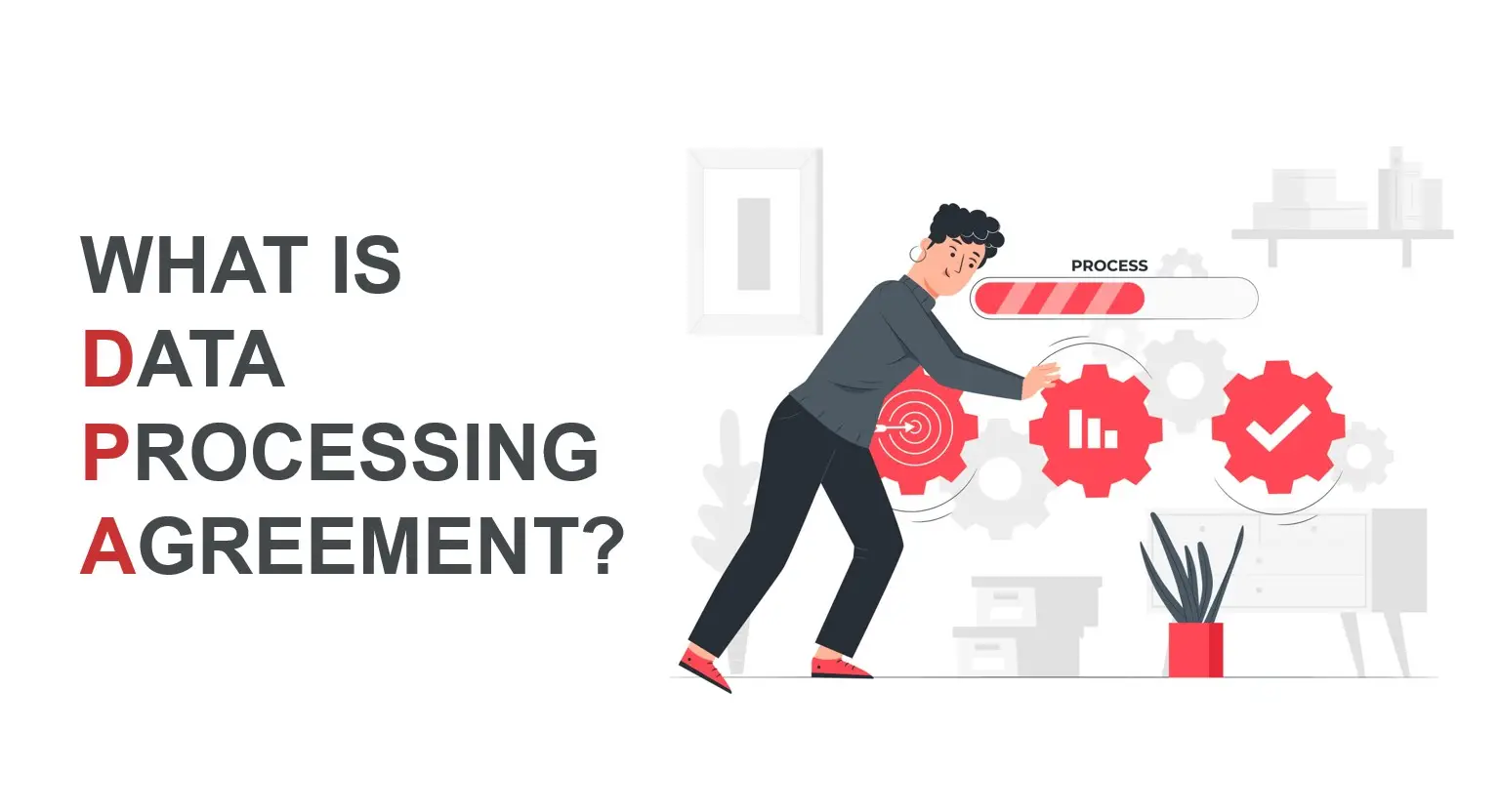What is Data Processing Agreement (DPA) as a Cybersecurity Measure?

2 Minutes 1 Seconds | 2167views
Listen This Article Now!
Introduction
A Data Processing Agreement (DPA) is a legally binding agreement between a data controller and a data processor that outlines the responsibilities of each party when processing personal data. DPAs are used as a cybersecurity measure to ensure that sensitive personal information is protected and handled in accordance with relevant privacy regulations and standards.
DPAs are commonly used in the context of cloud computing, where a data controller may outsource the processing of personal data to a third-party data processor. The DPA outlines the security measures that the data processor must implement to protect the personal data, as well as the responsibilities of each party in the event of a data breach.
DPAs are also commonly used by organizations that handle large amounts of personal data, such as healthcare providers, financial institutions, and online retailers. These organizations have a legal obligation to protect the personal data they process, and DPAs help to ensure that this obligation is fulfilled.
Key Provisions of a DPA
Definition of Personal Data: The DPA should clearly define what personal data is being processed, and how it is being used.
Security Measures: The DPA should outline the security measures that the data processor must implement to protect the personal data, such as encryption, access controls, and network security.
Data Breaches: The DPA should outline the responsibilities of each party in the event of a data breach, including the reporting of the breach to relevant authorities, and the notification of affected individuals.
Data Retention and Destruction: The DPA should specify the length of time that personal data may be kept by the data processor, and the methods used to destroy the data once it is no longer required.
Auditing and Compliance: The DPA should outline the rights of the data controller to audit the data processor's security measures and ensure that the data processor is in compliance with the terms of the agreement.
Conclusion
In conclusion, a Data Processing Agreement (DPA) is a legally binding agreement that outlines the responsibilities of a data controller and data processor when processing personal data. DPAs are used as a cybersecurity measure to ensure that sensitive personal information is protected and handled in accordance with relevant privacy regulations and standards. Whether you are a data controller or a data processor, it is important to have a well-written DPA in place to ensure that personal data is handled securely and in accordance with the law.
Strengthen your cyber defenses with CyberNX. Our comprehensive cybersecurity services protect your organization against threats and vulnerabilities, ensuring that your data and systems are secure. From threat detection and response, to compliance monitoring, our experts have the knowledge and experience to keep you one step ahead of cyber criminals. Contact us today to learn more about how CyberNX can help secure your organization.
Table Of Content
- Introduction
- Key Provisions of a DPA
- Definition of Personal Data
- Security Measures
- Data Breaches
- Data Retention and Destruction
- Auditing and Compliance
- Conclusion
Introduction
A Data Processing Agreement (DPA) is a legally binding agreement between a data controller and a data processor that outlines the responsibilities of each party when processing personal data. DPAs are used as a cybersecurity measure to ensure that sensitive personal information is protected and handled in accordance with relevant privacy regulations and standards.
DPAs are commonly used in the context of cloud computing, where a data controller may outsource the processing of personal data to a third-party data processor. The DPA outlines the security measures that the data processor must implement to protect the personal data, as well as the responsibilities of each party in the event of a data breach.
DPAs are also commonly used by organizations that handle large amounts of personal data, such as healthcare providers, financial institutions, and online retailers. These organizations have a legal obligation to protect the personal data they process, and DPAs help to ensure that this obligation is fulfilled.
Key Provisions of a DPA
Definition of Personal Data: The DPA should clearly define what personal data is being processed, and how it is being used.
Security Measures: The DPA should outline the security measures that the data processor must implement to protect the personal data, such as encryption, access controls, and network security.
Data Breaches: The DPA should outline the responsibilities of each party in the event of a data breach, including the reporting of the breach to relevant authorities, and the notification of affected individuals.
Data Retention and Destruction: The DPA should specify the length of time that personal data may be kept by the data processor, and the methods used to destroy the data once it is no longer required.
Auditing and Compliance: The DPA should outline the rights of the data controller to audit the data processor's security measures and ensure that the data processor is in compliance with the terms of the agreement.
Conclusion
In conclusion, a Data Processing Agreement (DPA) is a legally binding agreement that outlines the responsibilities of a data controller and data processor when processing personal data. DPAs are used as a cybersecurity measure to ensure that sensitive personal information is protected and handled in accordance with relevant privacy regulations and standards. Whether you are a data controller or a data processor, it is important to have a well-written DPA in place to ensure that personal data is handled securely and in accordance with the law.
Strengthen your cyber defenses with CyberNX. Our comprehensive cybersecurity services protect your organization against threats and vulnerabilities, ensuring that your data and systems are secure. From threat detection and response, to compliance monitoring, our experts have the knowledge and experience to keep you one step ahead of cyber criminals. Contact us today to learn more about how CyberNX can help secure your organization.
Share this on: